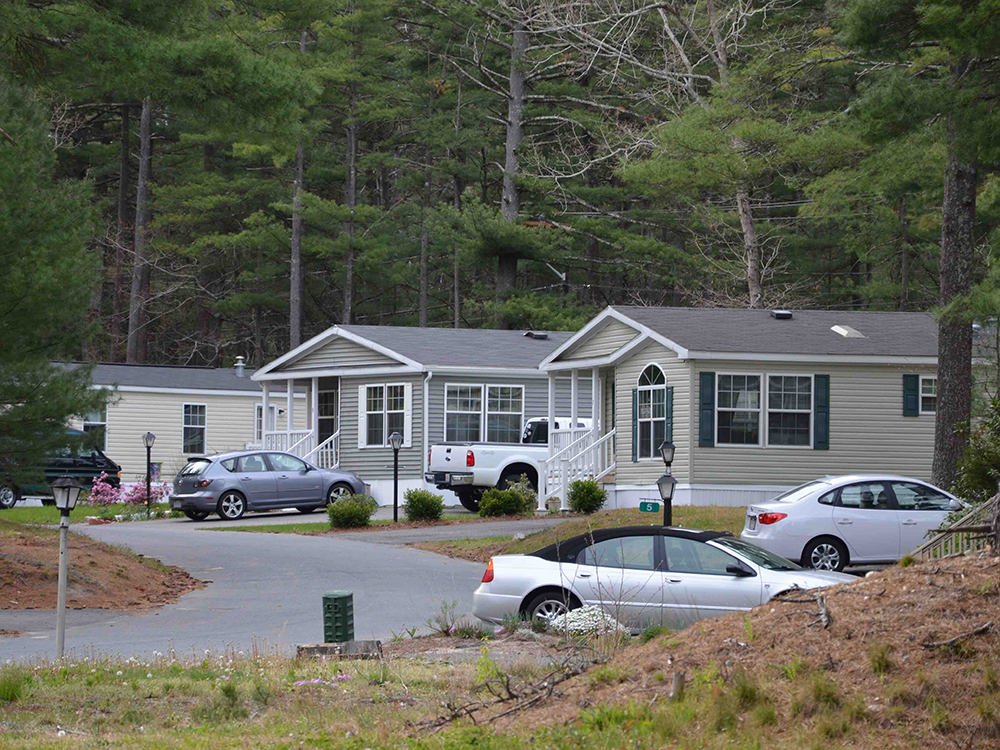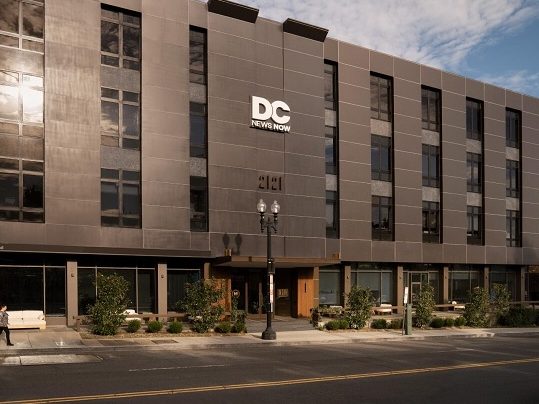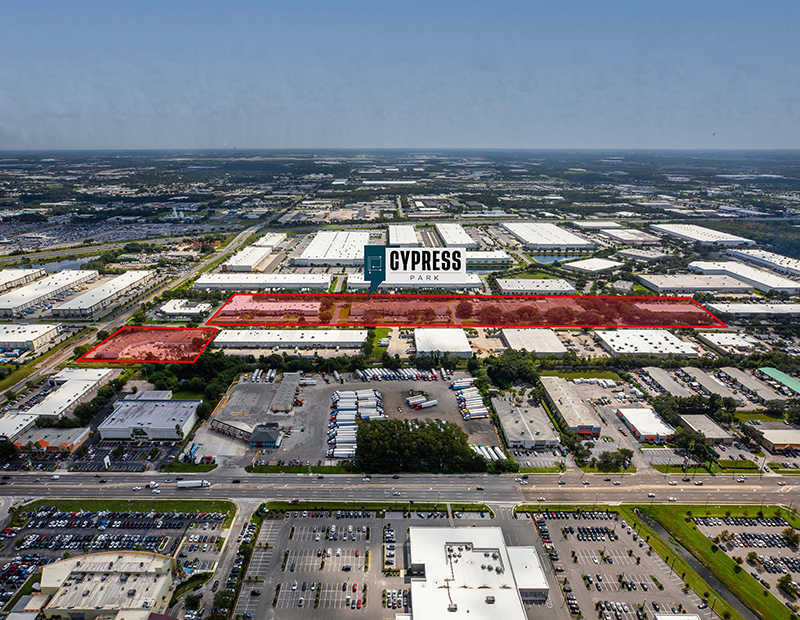Investors Undeterred As Residents Resist Consolidation
Investment in the manufactured-home-community sector has soared in recent years, with private equity players like Brookfield, TPG and Apollo snapping up tens of thousands of units nationwide.
Investment in the manufactured-home sector has soared in recent years, with private equity players like Brookfield, TPG and Apollo snapping up tens of thousands of units nationwide. It’s no surprise then, that there’s a growing legislative backlash in states across the country.
About 2.7 million U.S. households live as tenants in some 44,000 manufactured-home parks, representing 30 percent of the market, according to Paul Bradley, president of ROC USA, which helps residents buy their own parks and run them as co-ops; the other 70 percent of households live on sites they own.

The homeowners of Cranberry Village manufactured-home community purchased their Carver, Mass., neighborhood in 2012 for $13.2 million. Photo courtesy of Mike Bullard for ROC USA® PHOTO
In reaction to the sector’s consolidation, “you’re seeing legislatures push back” in three ways, he said.
First is basic consumer protection laws, such as a law under consideration in Indiana that would extend a mandatory minimum 30-day notice of eviction of a park resident to 60 days. Similarly, because the lease on a lot is typically annual, there’s a push for longer-term leases, with lease escalations spelled out in advance. Second is statewide rent controls, which New York, Oregon and California enacted in 2019. Third is opportunity-to-purchase laws, which would give park residents a right of first refusal when a park is up for sale. Such laws are in the works in Washington, Colorado, Virginia and New Jersey and are already on the books in four New England states, Bradley says.
Do these efforts pose a threat to investment in manufactured-home communities? Not likely. Lesli Gooch, CEO of the Manufactured Housing Institute, points to a recent situation in New Hampshire where the owner of half a dozen MHCs was selling to a larger company, and all of the MHCs voted to go along with the sale rather than pursue resident-owned co-ops.
The institute supports consumer protections, she says, but investors have no reason to worry. It is a big market that’s getting bigger as affordability becomes a greater concern. “There’s a place for resident-owned communities,” she said. “There’s room for everyone.”
Sector Insights rotates among office/medical office, industrial, retail, multifamily, self storage and hotel/hospitality.







You must be logged in to post a comment.